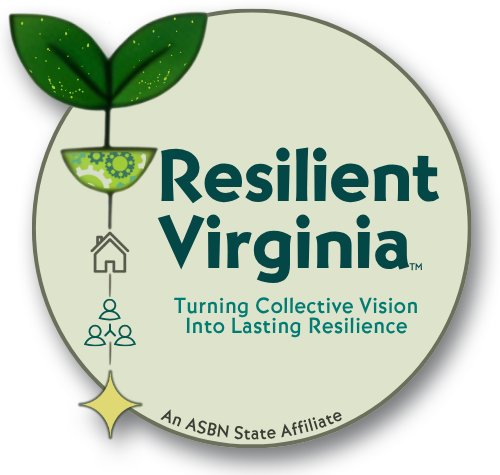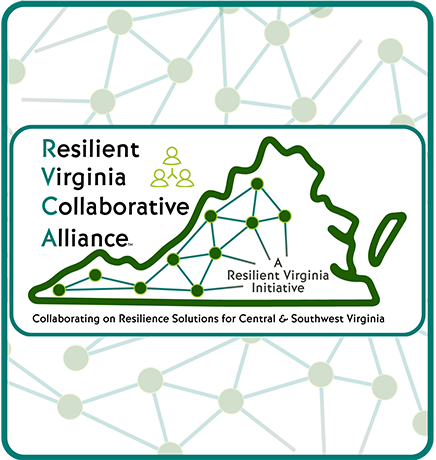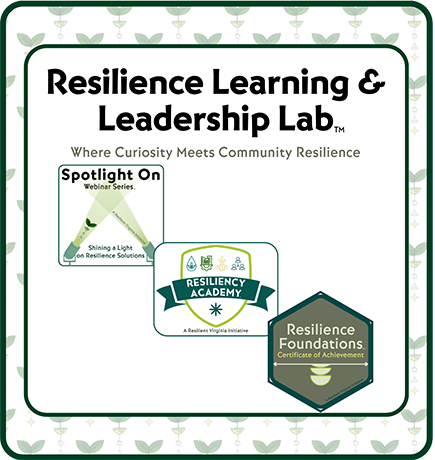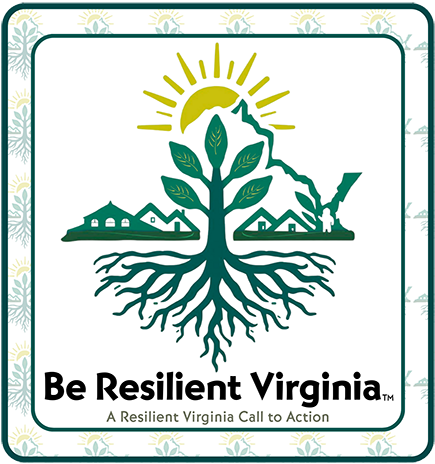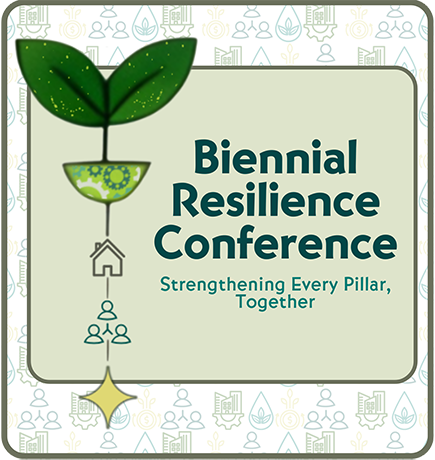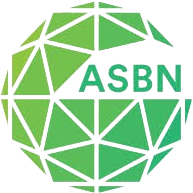Welcome to Resilient Virginia
Catalyzing collective action to enhance whole-community resilience across the Commonwealth.
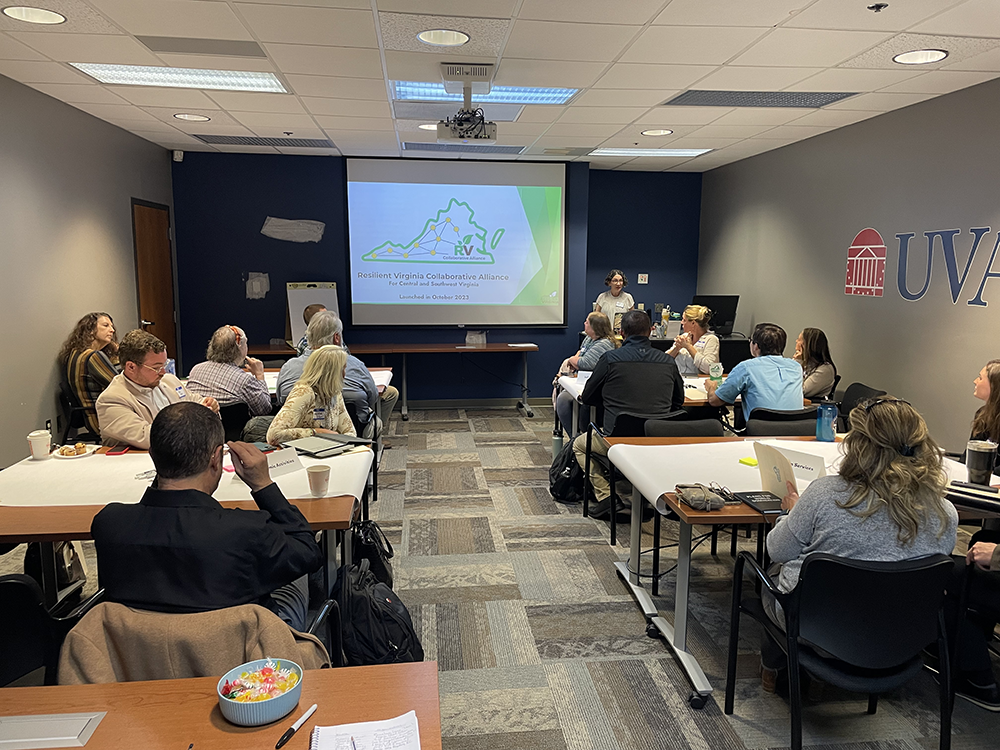
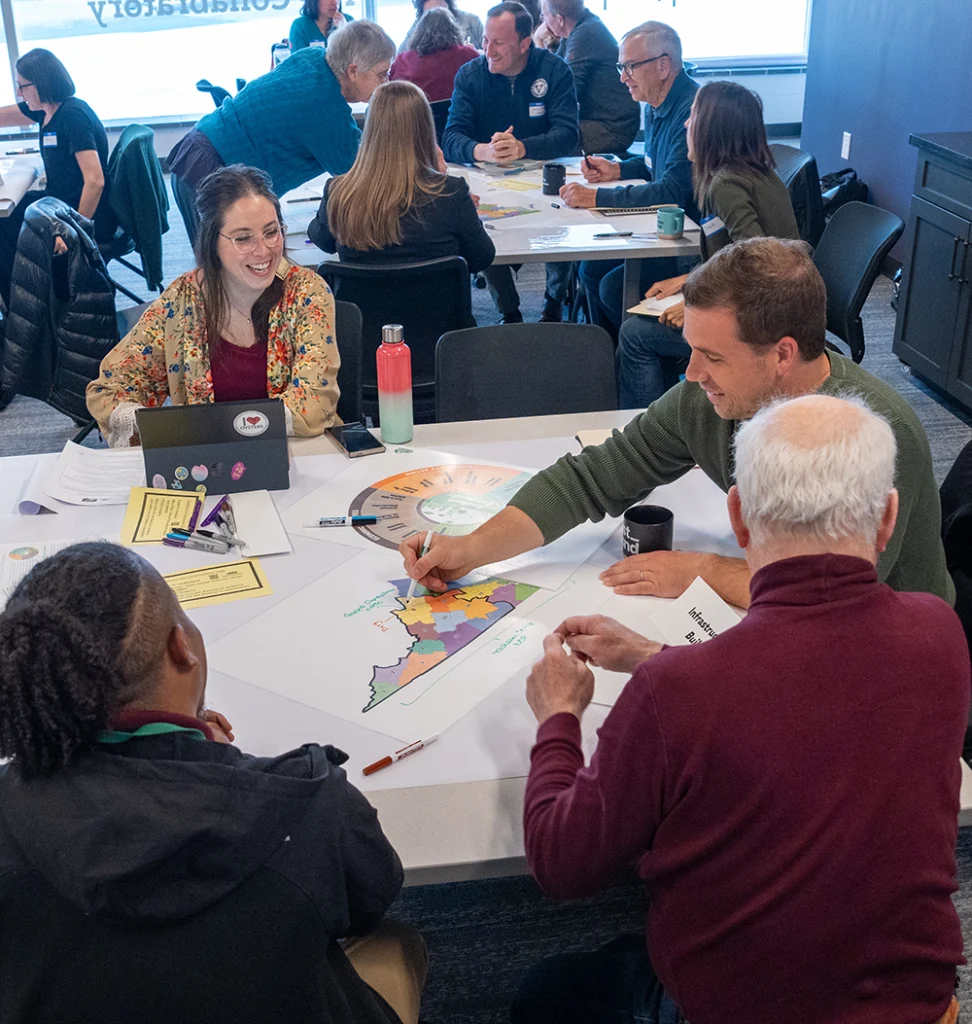
Mission, Vision, Values
Resilient Virginia connects people, resources, and ideas to create more resilient communities, environments, and economies across Virginia.
We convene the 4 Pillars of Resilience (ecosystem services, built environment, economic activities, & community empowerment) to break down silos, build collaborative networks, and advance practical solutions.
Our Mission
Resilient Virginia catalyzes collective action to enhance whole-community resilience across the Commonwealth.
Our Vision
Empowered communities exceed resilience benchmarks and embody Whole-Community resilience.
Our Values
Collaboration
Community Centered Approach
Innovation
Integrity
Sustainability
Empowerment
Whole-Community Thinking
Program and Event Highlights
Resilient Virginia Collaborative Alliance
The Resilient Virginia Collaborative Alliance strengthens regional capacity to address equity, economic, social, and climate challenges.
Resilience Learning and Leadership Lab
The Resilience Learning and Leadership Lab strengthens Virginia’s resilience by building the knowledge, skills, and leadership capacity needed to act.
Be Resilient Virginia
Be Resilient Virginia empowers communities and resilience practitioners with the knowledge, connections, and support needed to take action.
Resilience Conference
The Biennial Resilience Conference brings people together to break down silos, build local capacity, and accelerate collaboration across the Commonwealth.
